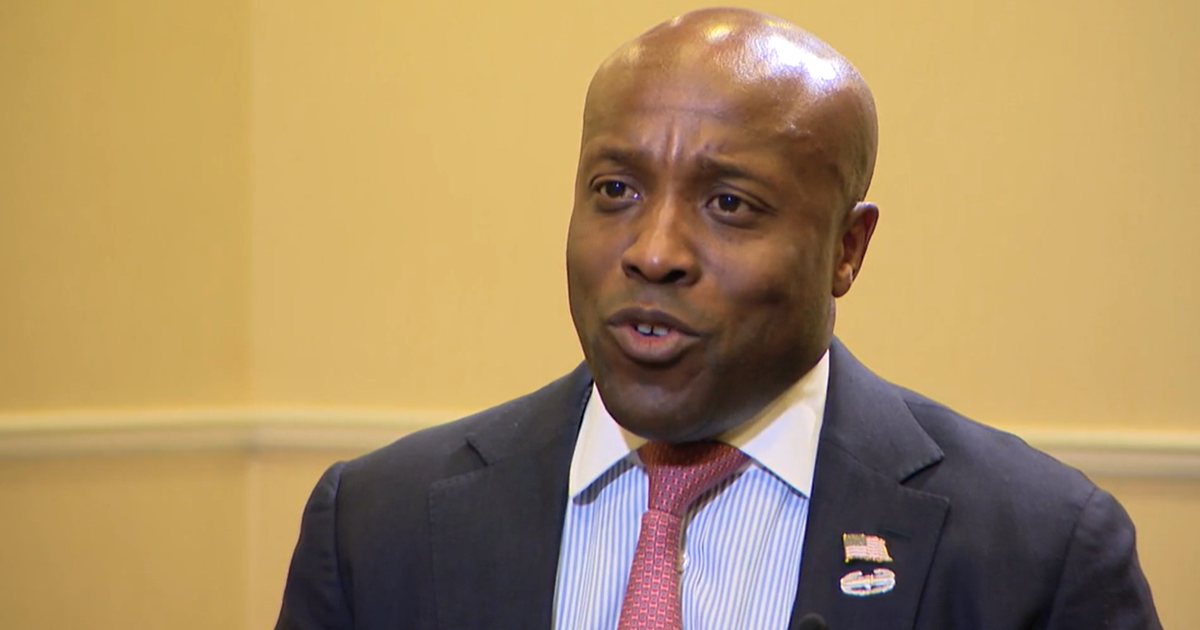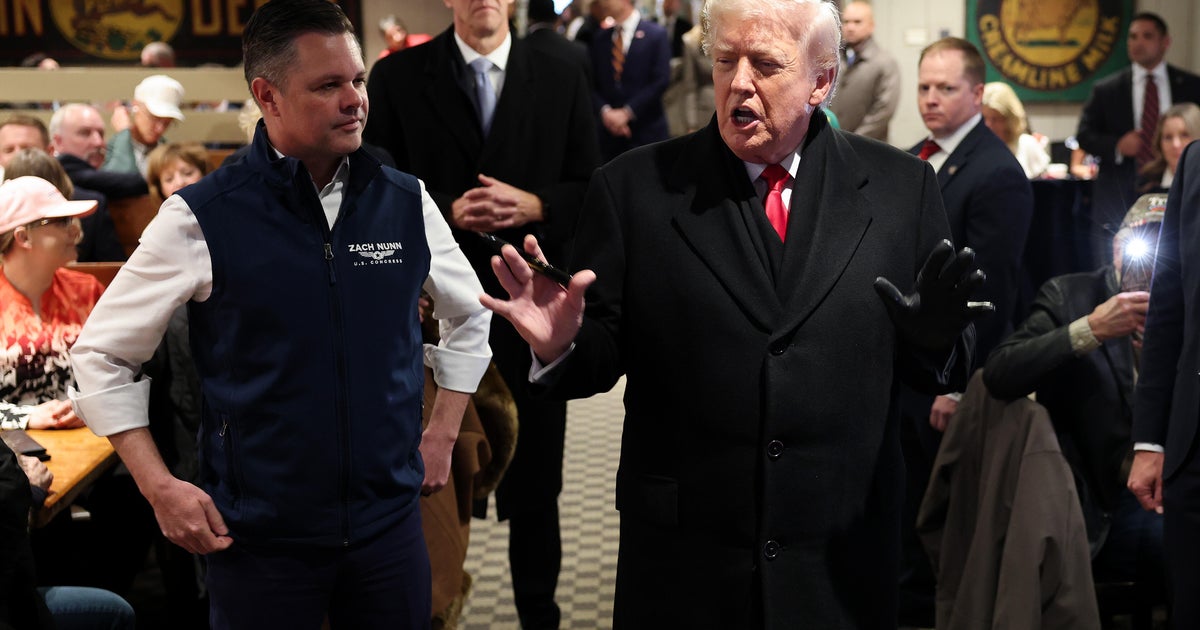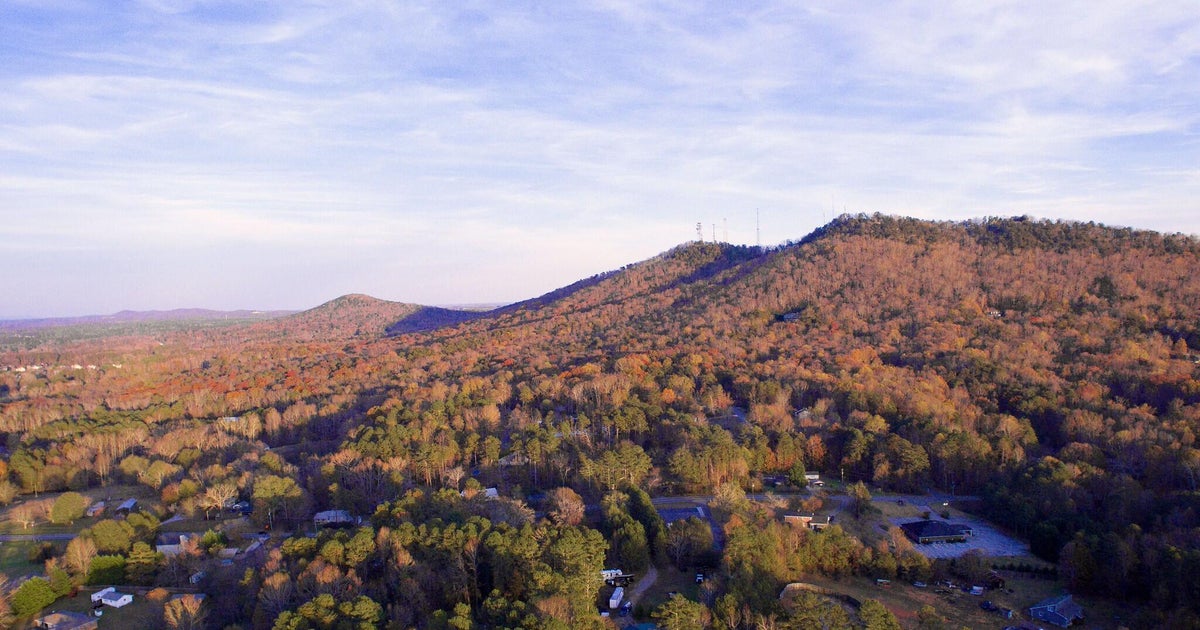At least 7 COVID-19 cases tied to in-person voting in Wisconsin
By Monday, there were at least seven cases of COVID-19 tied to voting during Wisconsin's in-person primary election earlier this month. After legal battles in the state over absentee voting and over whether the election could be delayed, voters went to the polls on April 7 to cast their ballots in the presidential primary election and in Wisconsin races, despite a stay-at-home order.
The number of people infected could increase as more cities report data, and as Milwaukee gathers more information. In a statement to CBS News on Tuesday, Milwaukee Health Commissioner Jeanette Kowalik said that Wisconsin only had "30% of the data back from new cases as of 4/7 and on." She added that officials hope to have a more complete report on Friday.
Kowalik said the city is also looking at any new cases that began after April 7, since symptoms tend to appear within 14 days of exposure.
As of Tuesday, Wisconsin has reported 4,620 confirmed COVID-19 cases and 242 deaths. Milwaukee has 1,697 positive cases and 92 deaths.
More than 18,000 people voted in-person in Milwaukee at five different polling sites during the April election. Milwaukee typically operates 180 polling locations, but like many cities across the state, had to consolidate locations because of the drastic shortage of poll workers. Kowalik said Monday that she expects to know more soon about whether those cases were concentrated at a single location or among a group of people who knew each other.
"There needs to be a little bit more analysis so we can connect the dots," she said. "That's why case investigation and contact tracing is so important." Wisconsin Health Secretary-designee Andrea Palm said state officials had not seen "indications of an impact from the election," but she noted the lag time for symptoms.
While the information about virus spread related to the election is being gathered and processed, Wisconsin Governor Tony Evers and Palm on Monday released steps for reopening Wisconsin — the "Badger Bounce Back plan," as Evers calls it. The steps mostly mirror White House guidelines about phasing in businesses and normal routines, starting with allowing mass gatherings of up to 10 people, opening restaurants in a limited capacity and resuming school in-person.
The second phase would allow the resumption of mass gatherings of up to 50 people, restaurants in full operation, bars in limited capacity with social distancing and non-essential businesses.
Under phase three normal business activity with minimal protective and preventative measures would return. Getting through the steps will involve increasing testing, contact tracing, tracking the disease, more PPE and greater healthcare capacity.
"I'm jazzed and hopeful about this plan," Evers said Monday. "This plan is an all-out war on the virus."
Wisconsin's "Safer at Home" order was extended until May 26 last week, but on Tuesday, Republican leaders in the legislature asked the Wisconsin Supreme Court to block that plan. The order lifted some restrictions on daily life, but shut down schools for the rest of the current school year and kept some businesses closed.
The GOP legislative leaders slammed Palm for exercising such broad authority. "Purporting to act under color of State law, an unelected, unconfirmed cabinet secretary has laid claim to a suite of czar-like powers—unlimited in scope and indefinite in duration—over the people of Wisconsin," the filing said.
The lawsuit expressed concern that Palm could continue to extend the order without legislative oversight. It also argues that the state could face dire consequences, since restrictions apply not only to cities dealing with a high level of cases, but also to "rural counties with few or no known cases."
"By the time the Secretary sees fit to lift her decree (be it in five weeks or eight months), many Wisconsinites will have lost their jobs, and many companies will have gone under, to say nothing of the Order's countless other downstream societal effects," the complaint says. "Our State will be in shambles."





